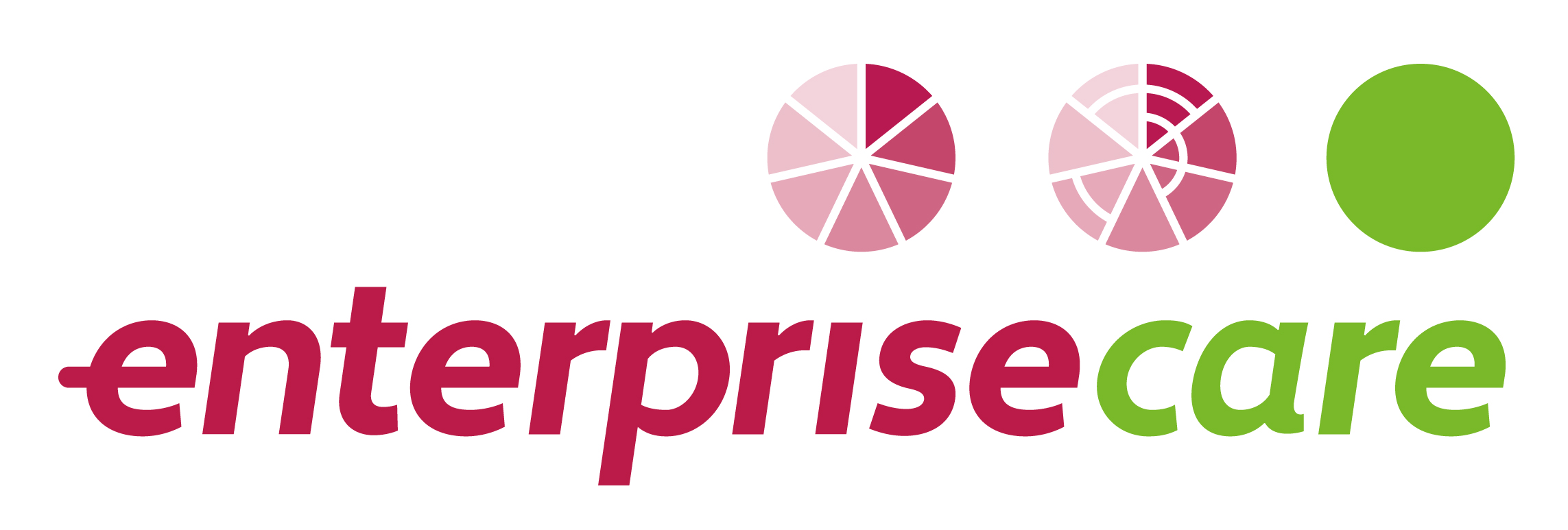Empowerment Leads to Success
A Sporting Lesson
Daniel Brettig writing in Cricket Australia commented that “Since Pat Cummins and Andrew McDonald were placed together as captain and coach last year, they have built an atmosphere of empowerment and adult decisions among their players.”
This article highlights various references to player behaviours and the links these have to external or internal driven factors associated with those behaviours.
What Key Shifts Matter?
The most significant shift appears to involve devolving the personal responsibility for an individual’s own performance onto the individual themselves. Each is now presumed to hold the personal responsibility of not only their own performance but also to own what impact that might have on the team as a whole.
Already it is suggested that this shift has included demonstrable positive change in behaviours. The activities with links to this significant shift in the exercise of authority include ‘Pat Cummins spending time in the indoor nets at Edgbaston prior to start of play on the 5th day’, while others mentioned are optional warm-ups, as well as optional training sessions.
Not Just a Single Shift
The changes that the Australian Cricket team has undergone are varied but with each change there is a cumulative effect which itself drives a larger and more influential change throughout the organisation. in other words, there is a multiplier effect happening.
The Status Quo is Challenged
These shifts can become an organisational movement which challenges presently accepted thinking or practices. It can personally challenge those who ostensibly have assumed a certain way of using authority as well as those who were allocated a right to hold an authority in an organisational setting.
Whoever holds authority is not automatically given a right to its use – there is no longer a one size fits all when it comes to exercising authority.
HBR when commenting on organisational change suggests that there are 4 different approaches. These involve authority and are worth highlighting in our context.
The 4 approaches are:
- directive
- self-assembly
- emergent and
- co-creative.
Authority at its core refers to either:
- the right of a person within an organisation to tell, instruct, or force someone to do or stop doing something or to make a decision; or
- a social relationship between two or more people where one has a right to direct another or others in some way.
A more mature understanding now is that authority is no longer a given, even if it has been considered as part of someone’s title, or it is set out in a job description.
The ‘How’ Not the ‘What’
Holding authority is not something of right but something that is won. It becomes more about how it is exercised or used than what is it used for. Authority today is based on many and varied sources of legitimacy, some of which could be a person’s charisma, expertise, or reference.
In a HBR paper The Most Successful Approaches to Leading Organizational Change by Deborah Rowland, Michael Thorley, and Nicole Brauckmann, published on April 20, 2023 commented that leaders struggled to articulate how they’d undertake organisational change.
They suggest effectively turning this on its head and focus on the ‘How’. There needs to be greater dynamics involved and whatever may have been the approach in the past it is unlikely that this will succeed today.
A Universal Message
Every organisation needs and operates with authority. This authority can be exercised in various ways across the many different types of organisations – NFPs, commercial, public & private companies, government, and statutory bodies. Yet there are similarities and universal messages about what are the characteristics of effective authority.
Characteristics of Effective Authority
Several aspects are considered to be contributors in effective authority. Those are:
- Legitimacy
Authority needs to be capable of rational explanation and to make sense to others, especially to those who are expected to positively respond to its exercise. - Accountability
Authority itself ought to be open to assessment and answerable to someone or a body. The clear link to the goals and values of an organisation as well as being subject to transparency is important to its impact. - Expertise
Those that seek to exercise authority ought to possess an appropriate level of knowledge and experience and be capable of communicating their thoughts and ideas to others. It includes people being capable of making decisions while at the same time clearly assuming responsibility for whatever occurs as a result of those decisions. - Influence
Where a person can influence others to act or not to act then this is evidence of that person holding authority. This aspect of authority is getting us to assume individual responsibility for their own actions and the consequences of those actions on others and the organisation in particular. - Agile
Authority cannot operate as a permanently fixed or intractable feature in an organisation. operating environments change quickly and in some instances very quickly. In those situations authority needs to adapt and enable actions to be taken which considers and accounts for those changes.
Lessons
The core messages from this sporting story may be:
- The changes have achieved positive impacts by giving individuals –
——-a. more choice
——-b. responsibility and
——-c. empowerment
over their own performance and improvement.
- The changes have reduced unnecessary activities and focused on what creates value for the team and the organisation.
– - The changes have fostered an environment of –
——-a. trust
——-b. respect and
——-c. professionalism
among the individuals and the leaders.
Summary
Boards, CEOs and their leadership team have an opportunity to identify their organisation’s strengths, weaknesses, and areas for improvement. The approved strategic plan can be crafted to play to those strengths and to commit the organisation to delivering their objectives with excellence. However, to do this there needs to be space for individuals to take responsibility for their own performance and its impact on the team and the organisation. there is also a need to be open to and accept that there will be mistakes and successes along the way. Finally everyone needs to feel empowered to express opinions, offer suggestions, raise and concerns, and show that they in turn do listen to others.
How we can help you
If you would like to discuss any of the issues raised in the article and improve your Organisation Performance, Enterprise Care can facilitate you to focus on what matters most. Contact us today to discuss how we can assist you.

